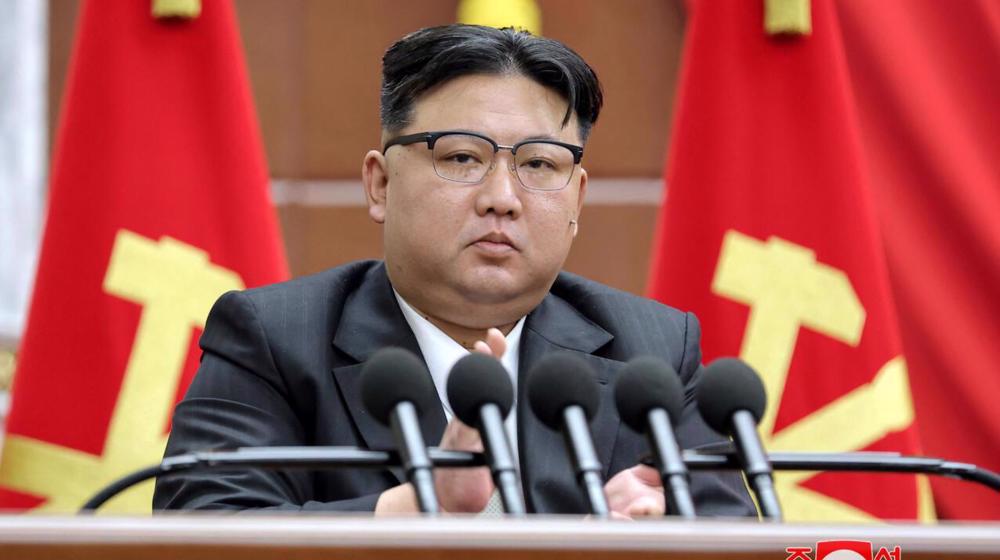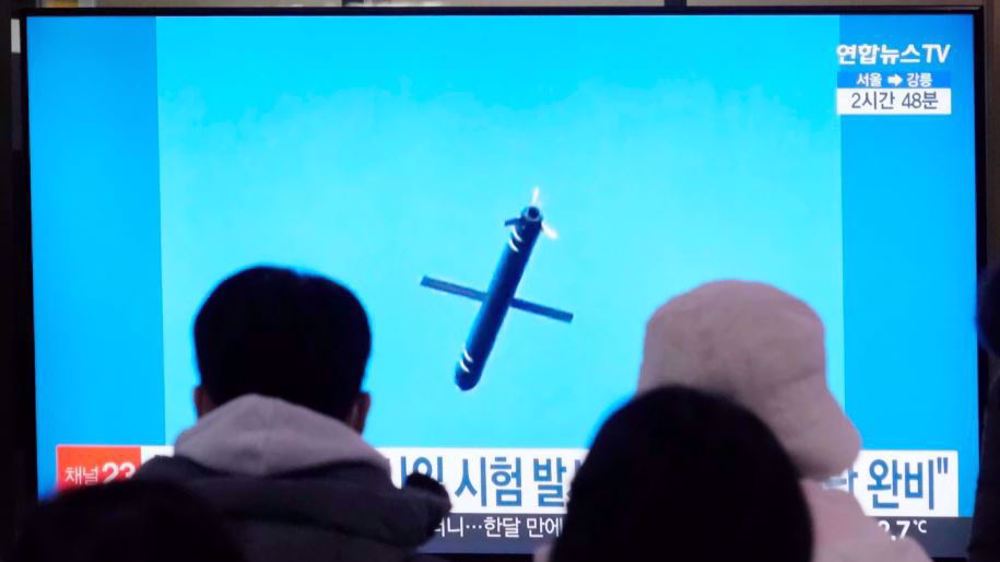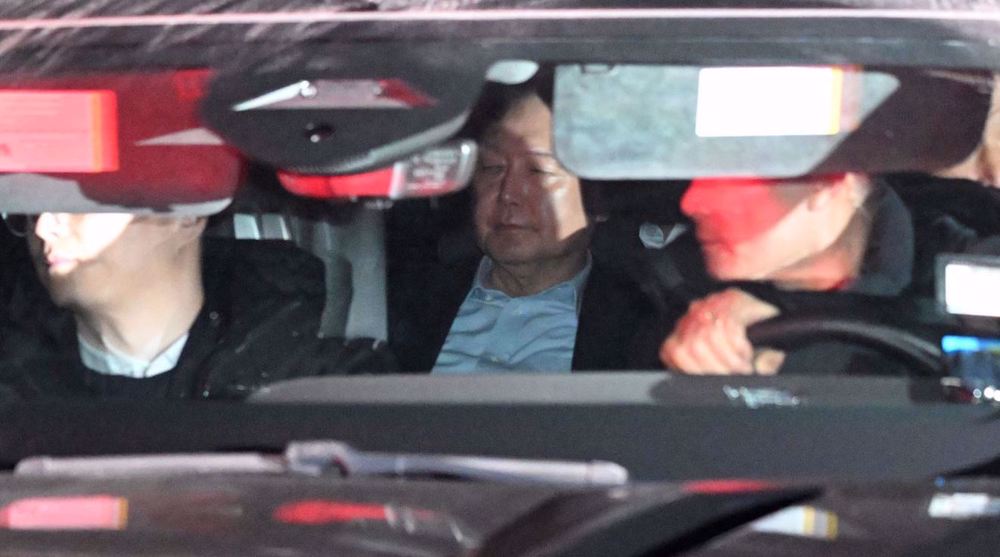Moon Jae-in sworn in as South Korea’s president
South Korea’s new president, Moon Jae-in, has been sworn in a day after he was declared president in a decisive election victory.
Moon took the oath of office in Seoul’s National Assembly building on Wednesday to begin his five-year term in office.
The surprising speed with which Moon assumed office — one day after election — was because the country’s former president, Park Geun-hye, had been impeached and removed from office, leaving a caretaker government in control.
Just moments after Moon officially began his term, he declared his willingness to work for peace with North Korea. While tensions are high over the North’s nuclear and missile programs, Moon said he backed engagement with Pyongyang.
“If needed, I will fly to Washington immediately,” he said. “I will also go to Beijing and Tokyo and even Pyongyang in the right circumstances... I will do everything I can to build peace on the Korean Peninsula.”
The South’s 19th president — the son of refugees from North Korea — during his campaign advocated for a combination of negotiations and economic cooperation alongside military and security measures in dealing with the North.
Engagement with the North, however, has not been popular with the US, which is Seoul’s decades-long military and political ally and which opposes Pyongyang’s missile and military nuclear activities.

The administration of US President Donald Trump has several times warned that all options, including a military strike, were being considered to halt Pyongyang’s missile and nuclear activities, which North Korea says act as deterrence against a potential invasion by its adversaries.
But the Trump administration has not been consistent, and, amid all the hostile posturing, the US president has said he would be honored to meet with North Korea’s leader.
Moon, who has faced criticism from opponents in his country for being anti-American, reassured them that he was on the “same page” as Trump.
The new president, however, seems not to be in agreement with Washington over the deployment of the US Terminal High Altitude Area Defense (THAAD) missile system in his country.
Seoul and Washington announced last week that the missile system was up and running. The then caretaker administration in South Korea accelerated the THAAD roll-out, despite widespread protests against the deployment.
Moon has criticized that haste and argued that the missile’s deployment should have been contingent on a vote in the country’s National Assembly. But he may not be able to reverse its deployment, and he seemed to be referring to that inability last week when he told The Washington Post that the swift deployment of the THAAD may have been meant to box him in as president.
China congratulates Moon, looks forward to cooperation
Meanwhile, Chinese President Xi Jinping congratulated Moon on his election as president on Wednesday and said Beijing was willing to work with the new government in Seoul to improve relations.
The South’s relations with China have sunk to the lowest point over the past 25 years. China blamed Park, the impeached president, for creating friction in their relations by her decision to allow the deployment of the THAAD, which Beijing says threatens its security.
Park, who was ousted over a corruption scandal in March, had an approach of tough sanctions and aggressive rhetoric vis-à-vis the North.
Plane with 2 aboard crashes in Philadelphia and sets multiple homes ablaze
How Ukrainians became cannon fodder in British military’s Krynky debacle
VIDEO | Iran marks 46th anniv. of Imam Khomeini's historic return
Trump to start tariff war with neighbors, Canada vows to respond
US armed, equipped Al-Qaeda in Syria: Tulsi Gabbard
Survey: Gen Z Brits want dictatorship as faith in liberal-democracy weakens
Zakaria Zubeidi: The freed resistance icon from Jenin and occupation’s worst nightmare
VIDEO | Resistance never dies














 This makes it easy to access the Press TV website
This makes it easy to access the Press TV website